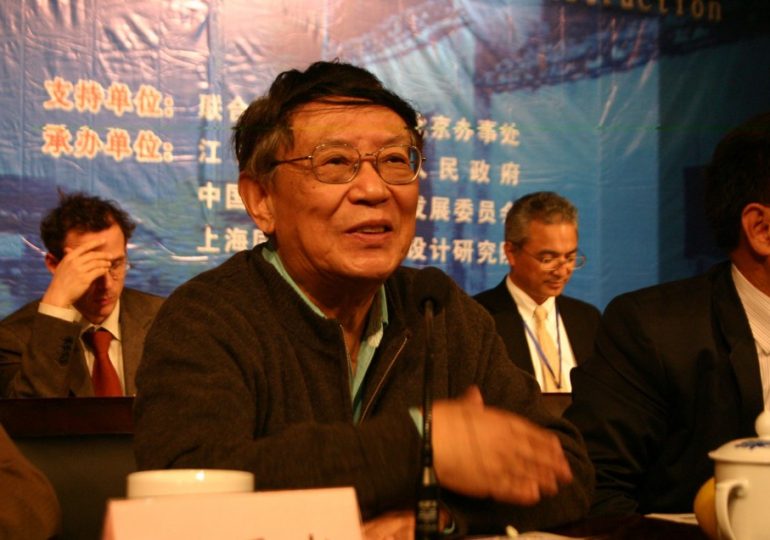A DISSIDENT Chinese philosopher has had his brain frozen, as per his will, so that it may be used in the future for science.
It was Li Zehou’s dying wish to have his brain frozen and thawed in 500 years, a friend of the academic has revealed.
GettyChinese scholar of philosophy and aesthetics Li Zehou speaks at a forum at Wuyuan County in 2006[/caption]
Getty Images – GettyLi’s brain has reportedly been frozen by the Arizona-based Alcor Life Extension Foundation[/caption]
AlcorAlcor specialises in cryonic preservation of human remains[/caption]
Widely considered an important modern scholar of Chinese history and culture, Li died in Colorado in November 2021, aged 91.
He graduated from Peking University in 1954 with a degree in philosophy and worked at various research institutes across the world over the course of his life, including in China and Paris.
Ma Qunlin, who befriended Li in his later years and was editor of several of his books, reportedly learned in December that his family contacted a cryonics company on the day he died – meaning his brain has been in cold storage for more than two years.
The academic made public his dying wishes in a 2010 interview with Chinese publication Southern People Weekly.
Shortly before his 80th birthday, he said: “I won’t have an epitaph. But I will leave my brain frozen. Take it out after 300 or 500 years.
“I have told my wife and child. Some people want to resurrect in this way, but I don’t think resurrection is possible.
“I am trying to prove whether culture affects the brain, and whether it is possible to find remnants of Chinese culture in my brain after a few hundred years, to prove my ji dian (sedimentation) theory.”
Li’s ji dian theory which he referred to was one he developed in the 1960s; it argues that a person’s exposure to history and culture might leave a mark on the physical structure of their brain.
In 2020, before Li’s 90th birthday, he again mentioned his unusual request, telling the same magazine that he had donated $80,000 (£63,000) to a foundation that freezes human remains.
He said that he wanted to have his brain “preserved as long as possible until brain science is advanced enough” to study it, adding that he knew there was a “95 per cent chance that his wish will not be fulfilled.”
Others, including Li’s friends, are also said to be sceptical about what may come of Li’s brain as his request goes against the traditional Chinese belief that the bodily integrity of corpses should be preserved.
According to Ma, Li’s brain was frozen by the Arizona-based Alcor Life Extension Foundation, a nonprofit organisation which specialises in cryonic preservation of human remains.
Li’s work had a significant impact on Chinese academia in the 1980s.
Historian Yu Ying-shih of Princeton University said of his role in Chinese culture: “Through (his) books he emancipated a whole generation of young Chinese intellectuals from Communist ideology.”
The academic was once confined to house arrest for three years after he criticised the Chinese government’s response to the 1989 Tiananmen Square protests and massacre, and his books were banned in the mainland.
Li moved to the US in 1992 and taught at Colorado College until he retired in 1999.
He is said to have closely followed developments in brain sciences, particularly throughout his later life, and had hoped for progress that would help philosophical research.
GettyAlcor Life Extension Foundation CEO Dr Jerry Lemler poses in the Patient Care Bay at the company’s Arizona office in 2002[/caption]
John Kim/CNETLi’s family reportedly contacted Alcor the day he died[/caption]
Leave a comment








